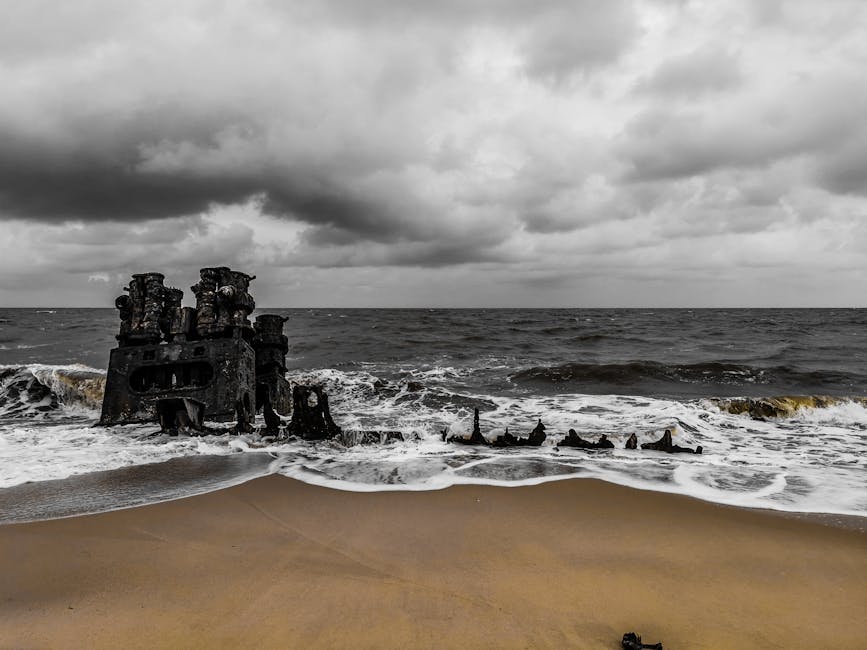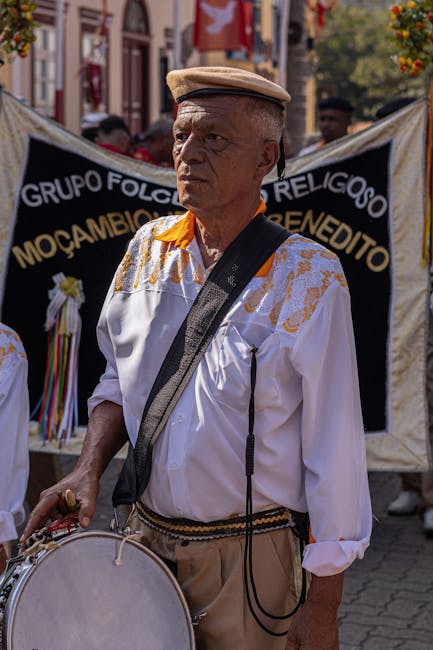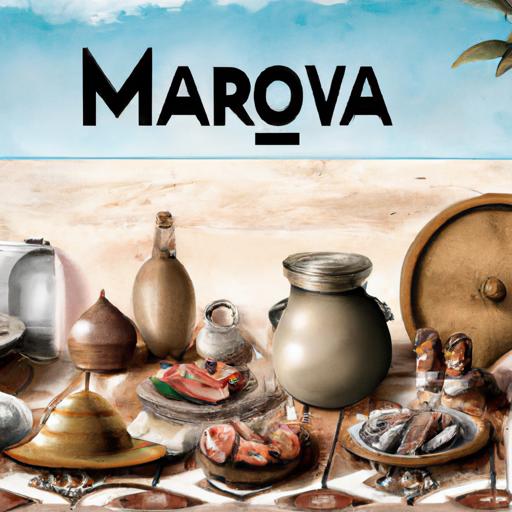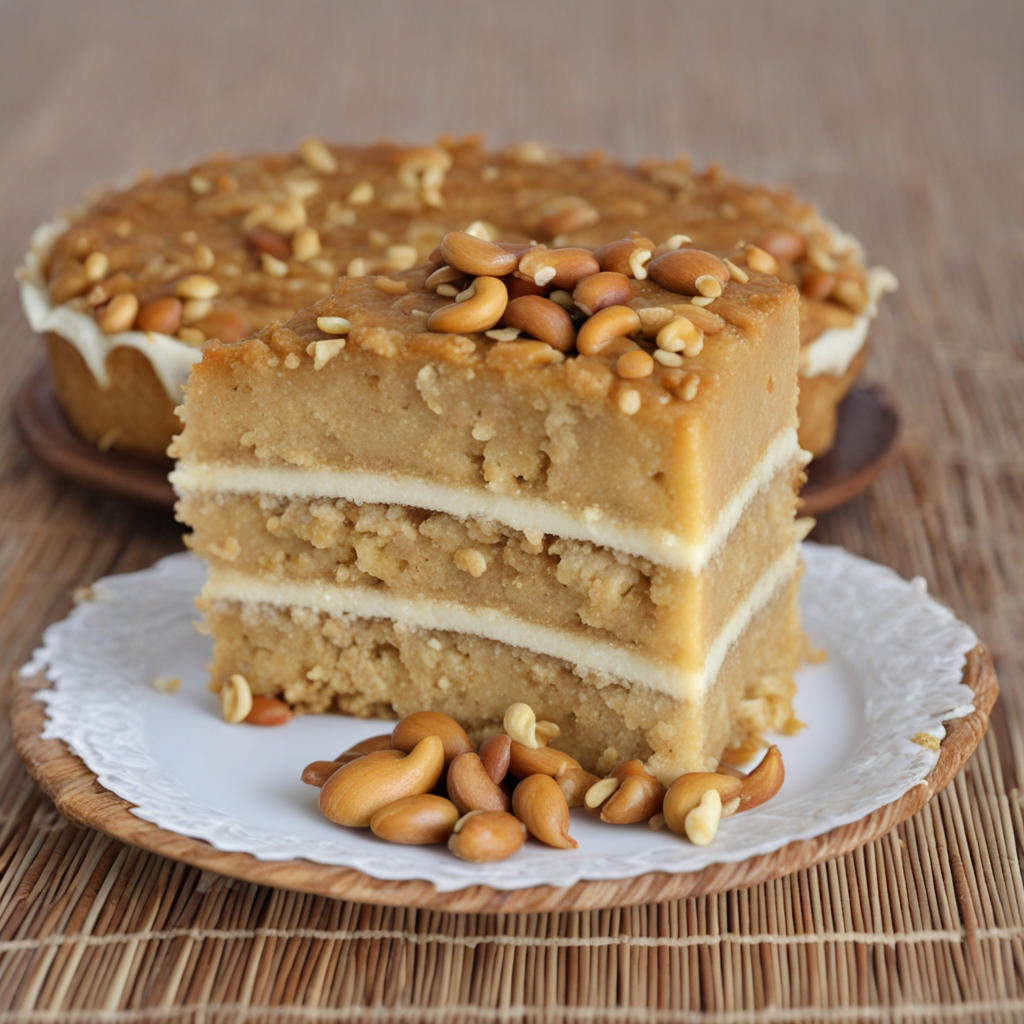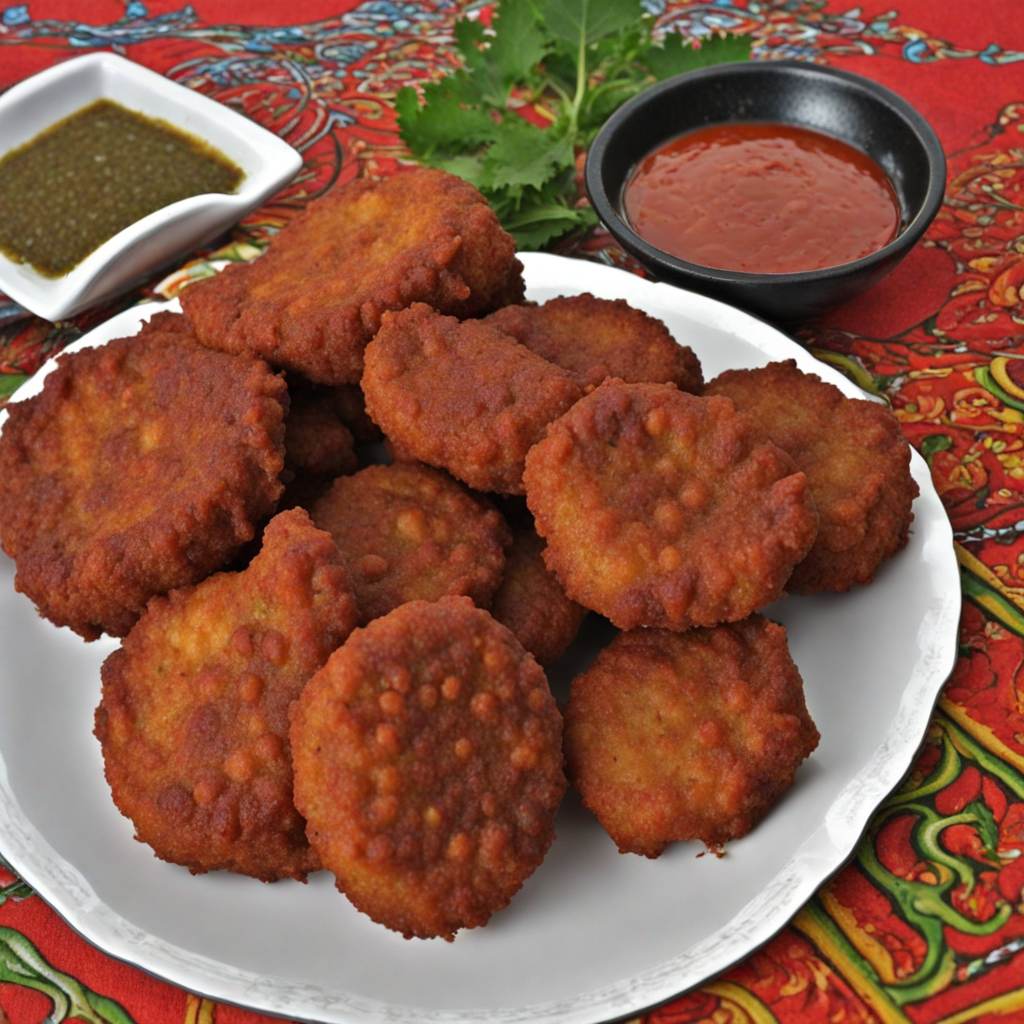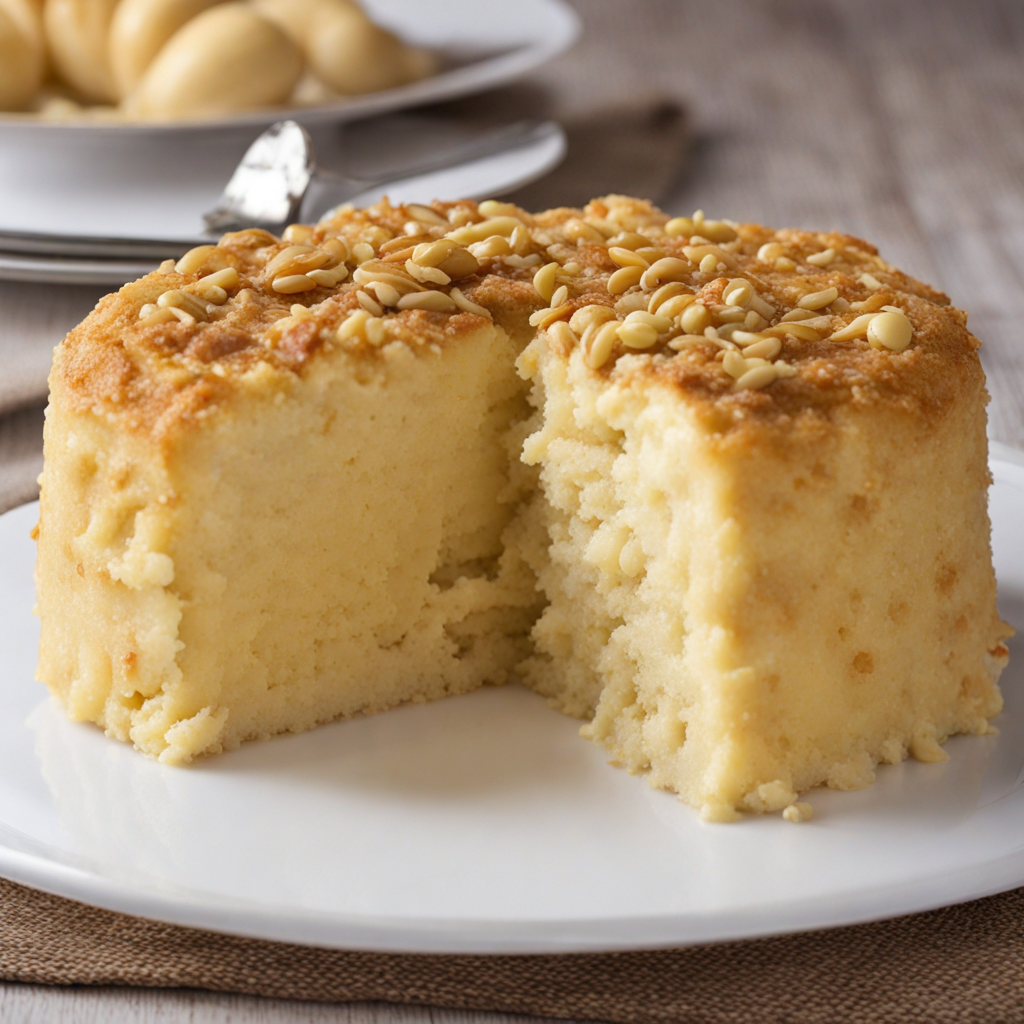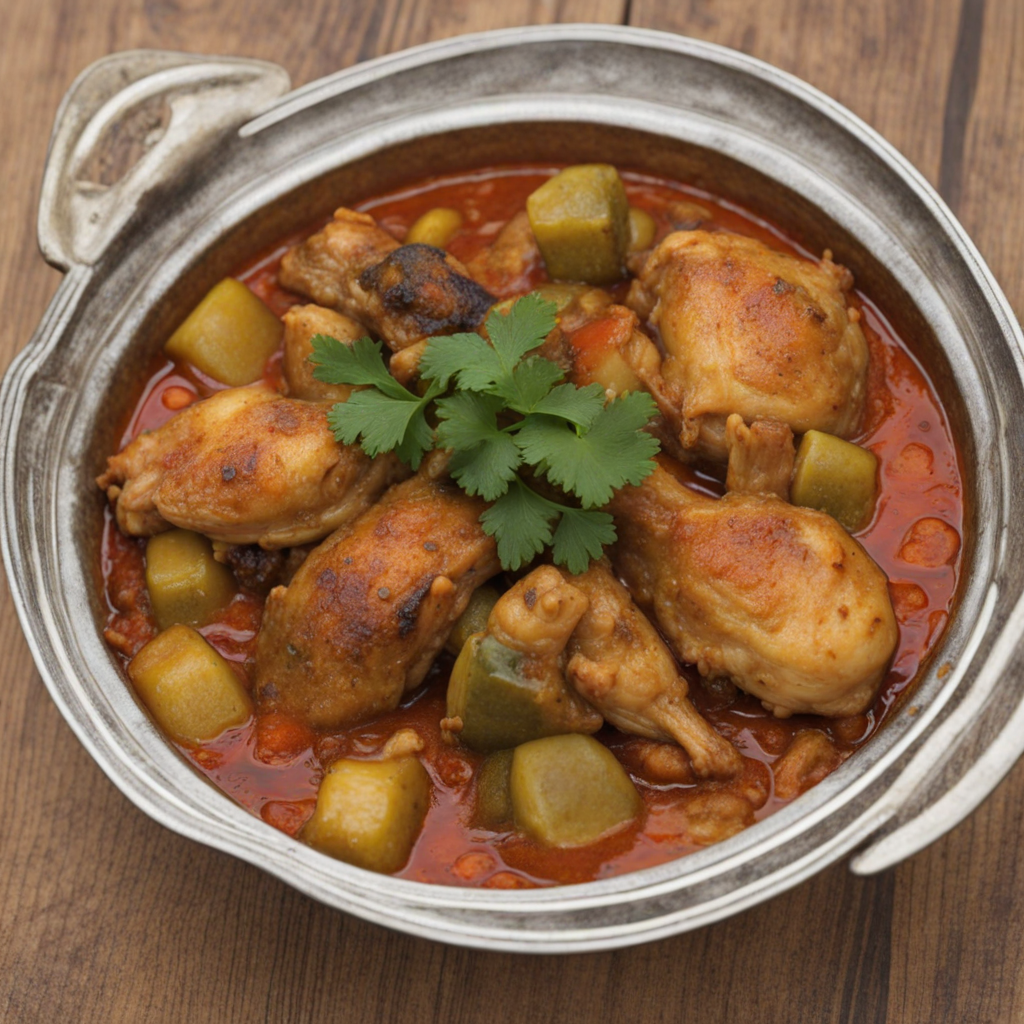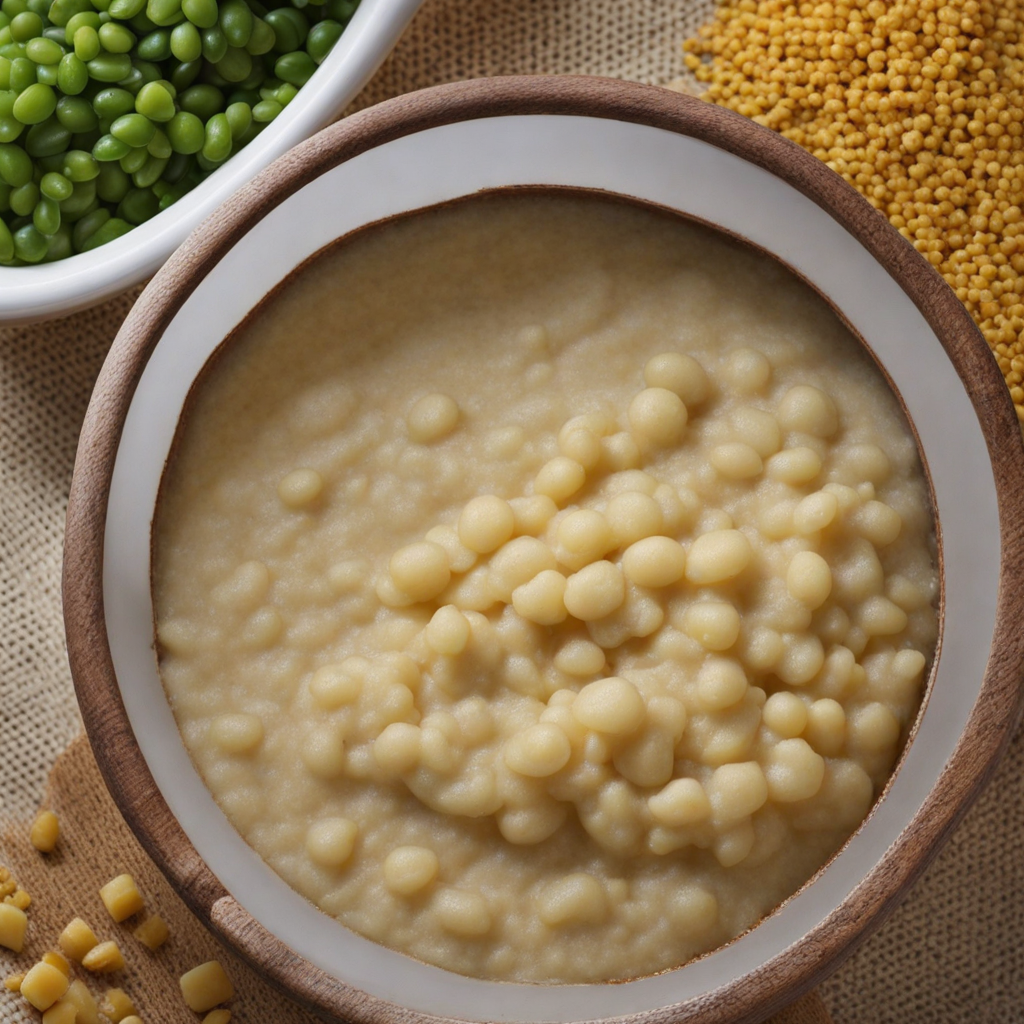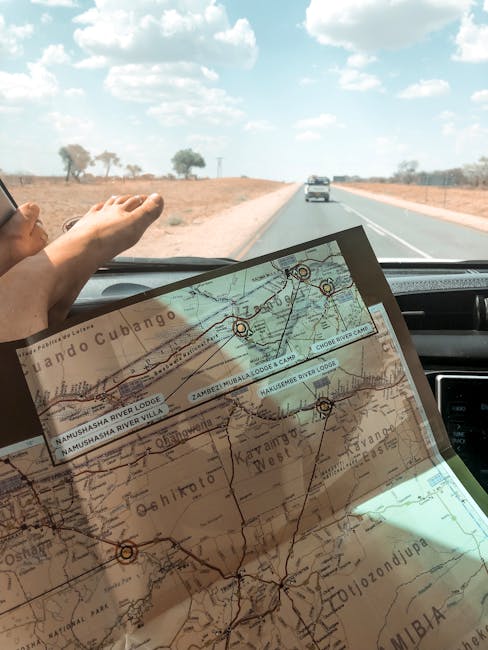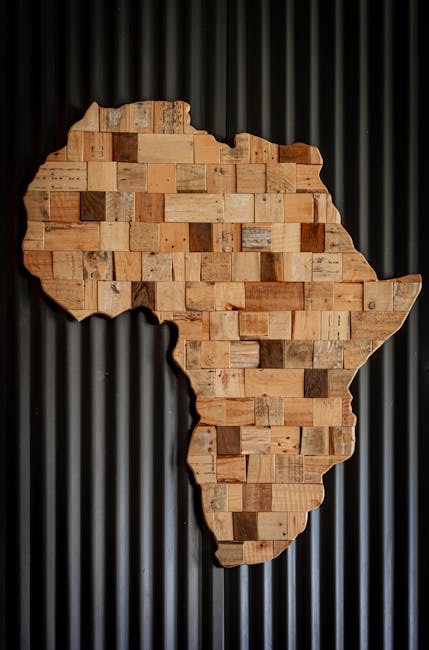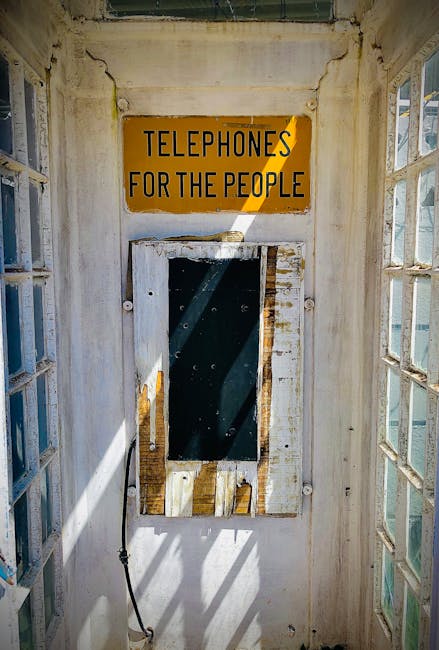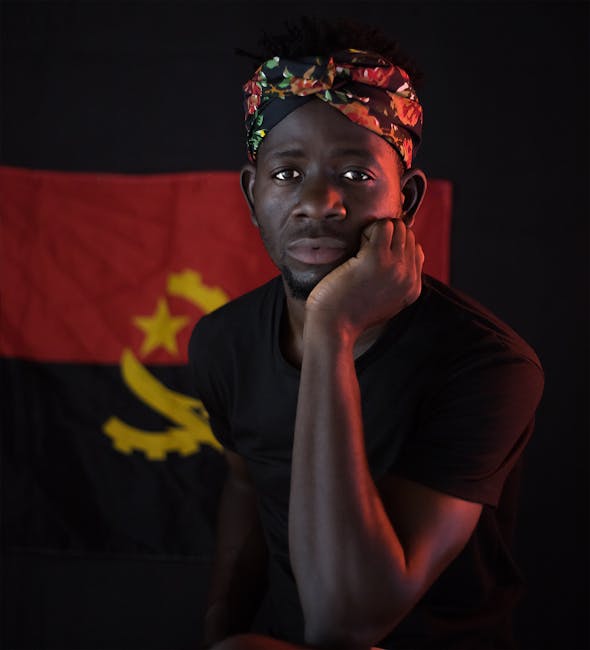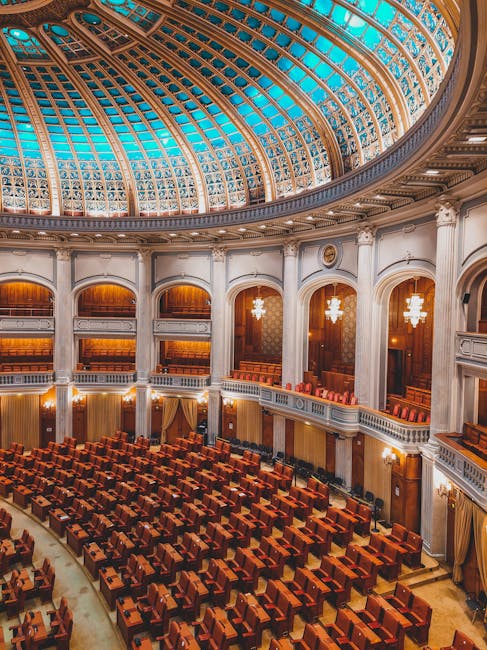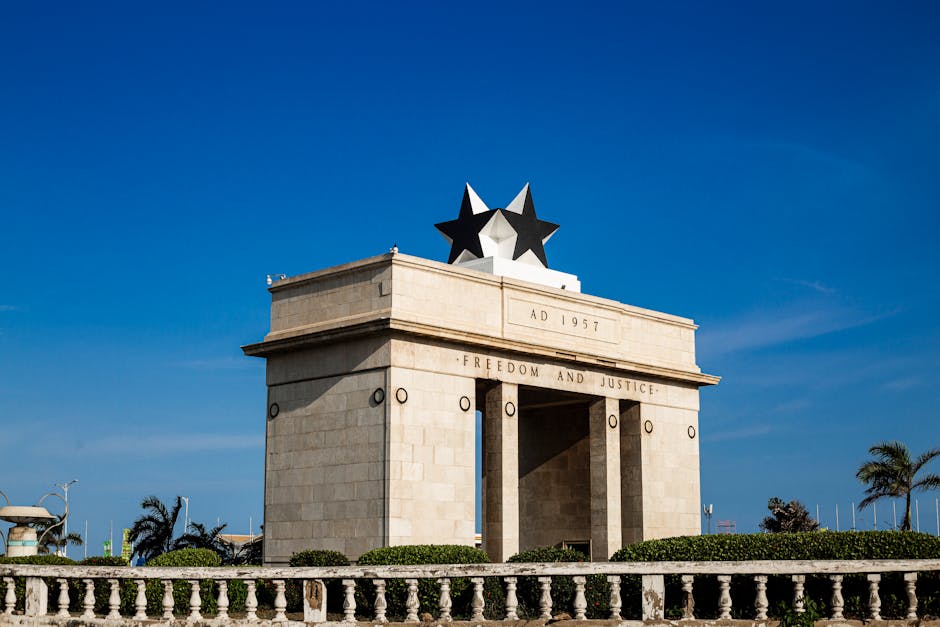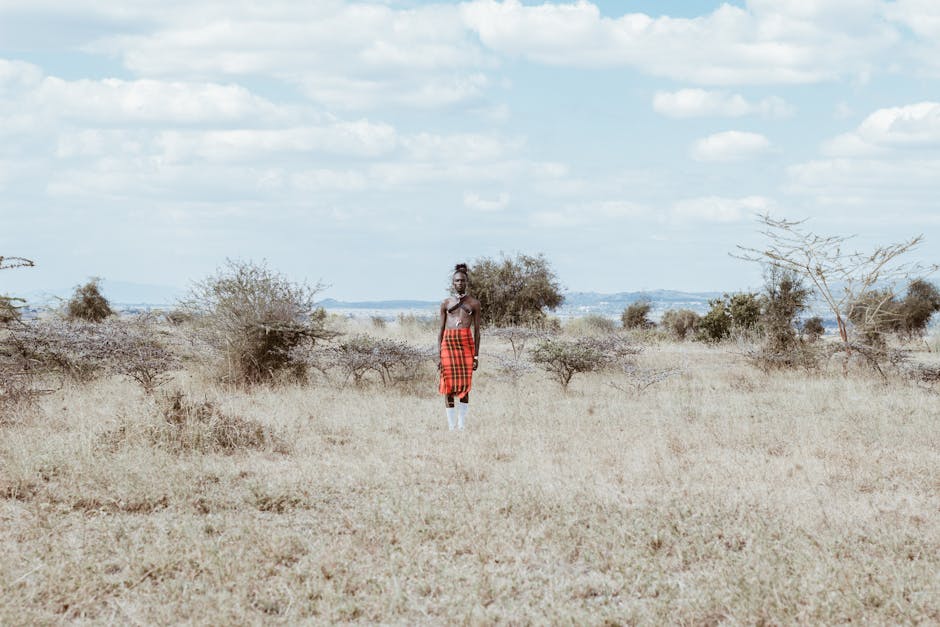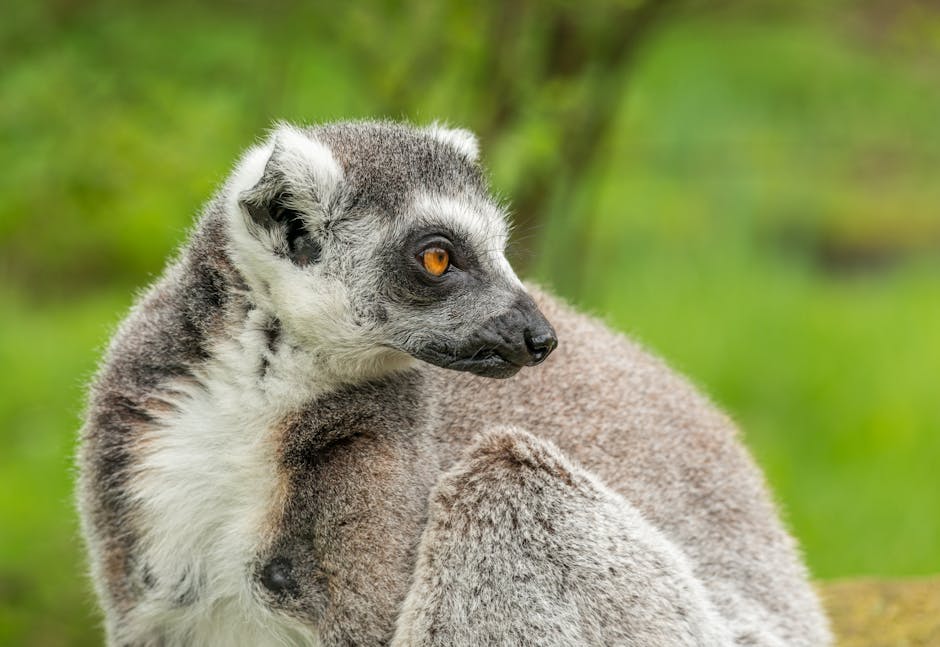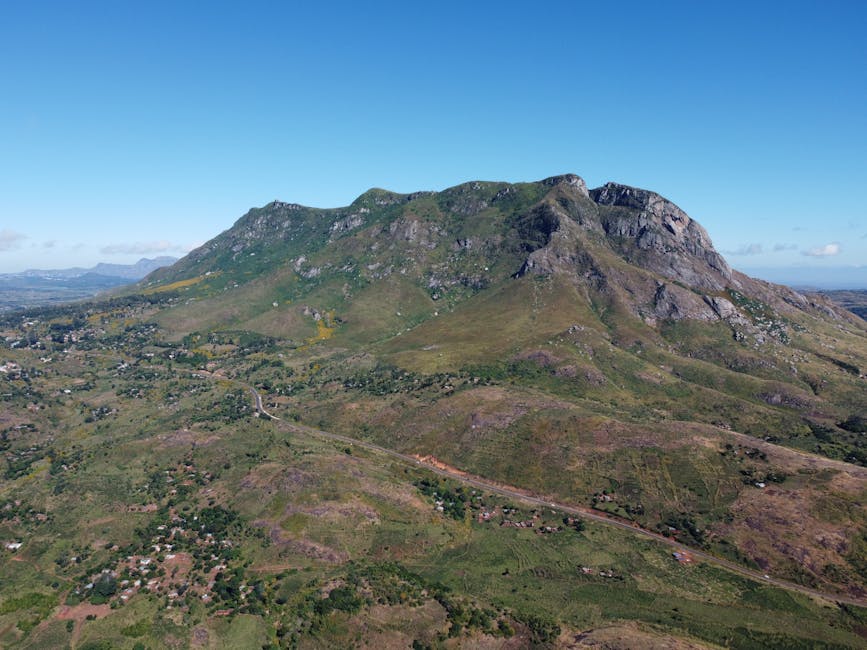Mozambique
Overview
Mozambique, located in Southeast Africa, is a vibrant country filled with rich culture, stunning landscapes, and friendly locals. Its coastline stretches over 2,000 kilometers, offering pristine beaches and breathtaking marine life. The nation is a blend of African, Arabic, Indian, and Portuguese influences, creating a unique cultural tapestry reflected in its music, food, and local customs. The country houses several UNESCO World Heritage sites and national parks, including the famous Island of Mozambique and Gorongosa National Park. The streets of Maputo, the capital, are adorned with colonial-era architecture and bustling local markets, offering a glimpse into the country's history and everyday life.
The high season for tourism in Mozambique runs from June to October, which is the dry season. The weather during this period is warm and sunny, offering perfect conditions for outdoor activities. Visitors can indulge in a range of activities from snorkeling and diving in the clear waters of the Indian Ocean to exploring the rich wildlife in Niassa Reserve or Gorongosa National Park. The Bazaruto Archipelago is a must-visit for its beautiful beaches and vibrant marine life. The cultural city of Maputo hosts festivals such as the Marrabenta Festival and the Maputo Fast Forward Festival, offering a lively exploration of local music and contemporary arts.
Before visiting Mozambique, travelers should ensure they are up-to-date with routine vaccines, and it's recommended to get vaccinations for Hepatitis A and Typhoid. A visa is required for most foreign travelers, which can be obtained on arrival for a stay of up to 30 days. It's advisable to have a travel insurance policy that covers medical evacuation, as local medical facilities may not be up to western standards. Pack lightweight clothing for the warm tropical climate, but also include a jacket for cooler evenings. Lastly, while Portuguese is the official language, English is commonly spoken in hotels and tourist areas, so communication should not be a problem. However, learning a few basic phrases in Portuguese can enhance the travel experience.
A Glimpse into the Past
Mozambique, located on the southeastern coast of Africa, boasts a rich tapestry of history, culture, and natural beauty that attracts travelers from around the globe. With its stunning landscapes, vibrant cities, and diverse cultural heritage, Mozambique offers an engaging experience for anyone looking to explore its past and present.
The history of Mozambique can be traced back to ancient times when it was inhabited by various indigenous groups such as the Bantu people. These communities thrived on agriculture, fishing, and trade, establishing complex social structures and economies. The region became a melting pot of cultures as trade routes developed, linking it to the Swahili Coast, India, and the Middle East. One of the most notable historical sites is Inhambane, a coastal town that has been a center of trade for centuries, where visitors can explore colonial architecture and enjoy beautiful beaches.
In the late 15th century, the arrival of Portuguese explorers marked a significant turning point in Mozambique's history. Vasco da Gama's voyage along the East African coast established Portuguese influence in the region, leading to the establishment of ports and trading posts. The coastal cities such as Maputo (formerly known as Lourenço Marques) and Beira became vital hubs for trade, primarily in ivory and slaves. Today, Maputo, the capital city, is celebrated for its vibrant culture, bustling markets, and stunning architecture, including the iconic Maputo Railway Station designed by Gustave Eiffel.
The Portuguese maintained control over Mozambique for centuries, but their rule was marked by exploitation and resistance from local populations. The struggle against colonial rule intensified in the 20th century, leading to the formation of nationalist movements. The most notable of these was the Front for the Liberation of Mozambique (FRELIMO), which fought for independence from Portuguese colonial rule. The conflict culminated in a protracted war that began in 1964 and lasted until Mozambique gained independence on June 25, 1975.
Post-independence, Mozambique faced significant challenges as it embarked on the journey to nationhood. The country was soon engulfed in a brutal civil war between FRELIMO and the opposition group, RENAMO (Mozambican National Resistance). This conflict, fueled by Cold War politics, devastated the country, leading to widespread destruction and suffering. Travelers interested in this period can visit Maputo to learn about the struggles of the nation at the Museum of the Revolution and the Peace Park, which commemorates the end of the civil war in 1992.
Despite these hardships, Mozambique's resilience is evident today. The country has made significant strides toward recovery and development, transforming its economy and infrastructure. Tourism has become an essential part of this revitalization, with visitors drawn to the country's natural beauty and diverse ecosystems. The Bazaruto Archipelago, a group of islands off the coast, is renowned for its crystal-clear waters, coral reefs, and rich marine life, making it a paradise for snorkeling and diving enthusiasts.
Nature lovers will find ample opportunities to explore Mozambique's stunning landscapes. The Gorongosa National Park is a gem in the heart of the country, known for its incredible biodiversity and restoration efforts following years of conflict. The park is home to a variety of wildlife, including elephants, lions, and a rich array of bird species. Travelers can embark on guided safaris to witness these magnificent creatures in their natural habitat.
The coastal region of Mozambique is also famous for its stunning beaches, making it a sought-after destination for sun-seekers and water sports enthusiasts. Places like Tofo Beach and Ponta do Ouro offer pristine sandy shores, vibrant nightlife, and opportunities for diving with whale sharks and manta rays. These beach towns provide a perfect blend of relaxation and adventure, with local markets and restaurants showcasing the region's delicious seafood cuisine.
Mozambique is a cultural melting pot, with influences from indigenous tribes, Portuguese colonial history, and the Swahili Coast. This diversity is reflected in its music, dance, and art. The traditional music genre known as marabenta is a celebration of Mozambican culture, often accompanied by energetic dance. Festivals throughout the year, such as the Maputo Jazz Festival and Festival da Música de Maputo, highlight the vibrant artistic scene and offer visitors a chance to experience the country's rich cultural heritage.
The country's cuisine is another essential aspect of its identity, with flavors that showcase the fusion of various influences. Dishes such as peri-peri chicken, matapa (a dish made from cassava leaves), and fresh seafood reflect the coastal lifestyle and agricultural traditions. Travelers can indulge in local delicacies at bustling markets or beachfront restaurants, experiencing the warmth and hospitality of the Mozambican people.
For those interested in history and culture, the town of Kilwa is a UNESCO World Heritage Site worth exploring. Once a thriving trading port, Kilwa is home to ancient ruins that tell the story of its significance in the Indian Ocean trade network. The Kilwa Kisiwani and Kilwa Masoko ruins offer insights into the life and commerce of past civilizations, making it a captivating destination for history buffs.
As travelers navigate Mozambique, they will encounter a country that has overcome significant obstacles and continues to evolve. The blend of natural beauty, cultural richness, and historical significance makes Mozambique a compelling destination for those seeking to understand its past while enjoying its present.
In summary, Mozambique's history is a tale of resilience and transformation. From ancient trade routes and colonial struggles to the ongoing journey toward recovery, the nation is a mosaic of cultures and experiences. Whether exploring the vibrant streets of Maputo, relaxing on the idyllic beaches, or immersing in the diverse traditions, visitors will find that Mozambique offers a unique and enriching travel experience that resonates with its rich history.
Top cities for tourists in Mozambique
Discover the Famous Cities That Might Captivate Your Interests
Must-Try Foods You Can't Afford to Miss
Indulge in a Variety of Fantastic Foods During Your Stay in Mozambique
May Be Your Next Destinations
People often choose these countries as their next destination



